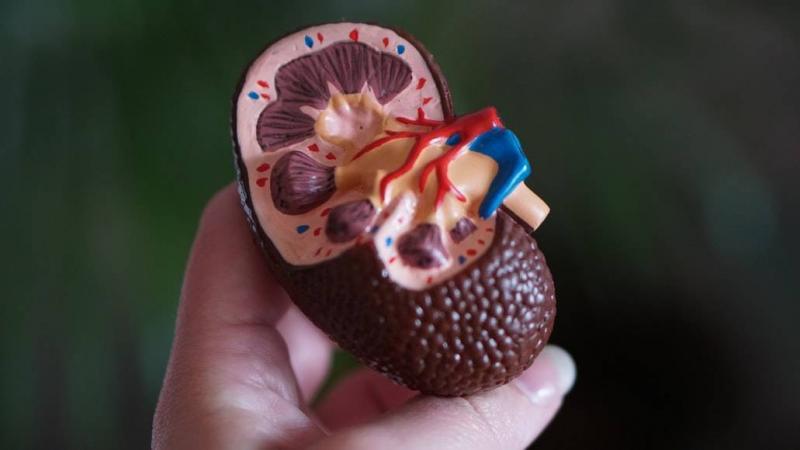A new study has stated that climate change will lead to an increase in kidney stone cases due to increased sweating and dehydration. Researchers from Pennsylvania, USA, found that more hot days in the future are likely to cause greater water loss through sweating, resulting in increased urine concentration and higher kidney stone formation.
Kidney stones are solid deposits made of minerals and salts that form inside the kidneys, occurring when urine contains more crystallization substances—such as calcium, oxalate, and uric acid. Previous research has already shown that higher surrounding temperatures increase the risk of kidney stones.
Not drinking enough water contributes to kidney stone formation because more water in the kidneys helps prevent the crystals that make up the stones from sticking together. Therefore, high temperatures are likely to cause dehydration, which in turn leads to this painful condition that often requires surgery.
This new study was conducted by researchers at the Children’s Hospital of Philadelphia in Pennsylvania, led by urologist Dr. Gregory E. Tasian. Dr. Tasian stated, "It is impossible to predict with certainty how future policies will either slow or accelerate the emissions of greenhouse gases and human-caused climate change and to know exactly what daily temperatures will be in the future."
Tasian also added, "Our analysis suggests that global warming is likely to increase the burden of kidney stone disease on healthcare systems. Kidney stone disease is a painful condition resulting from solid deposits of minerals that develop in concentrated urine and cause pain when passing through the urinary tract."
The incidence rate of this condition has increased in the past twenty years, particularly among women and adolescents. In the United States, there is an increase in kidney stone occurrences from north to south, with a rapid rise in the risks of kidney stones following hot days. However, previous studies did not accurately predict how climate change would affect kidney stone disease in the future.
Using their model, the researchers found that by 2089, kidney stones due to heat will increase by 2.2 percent from the baseline in the future. From 2025 to 2089, the total costs attributed to excess kidney stones will reach $56.6 million, with these figures based on an average baseline cost per patient exceeding $9,000, according to the Daily Mail.




